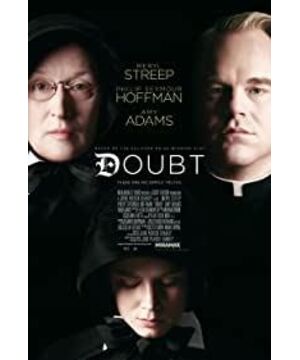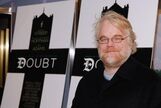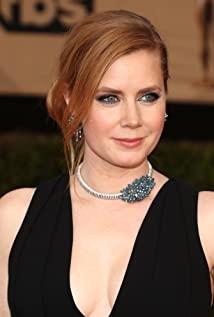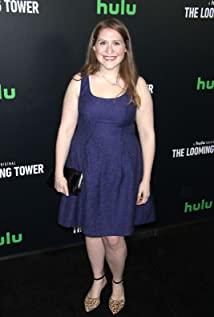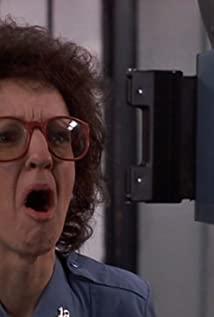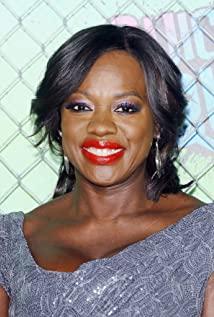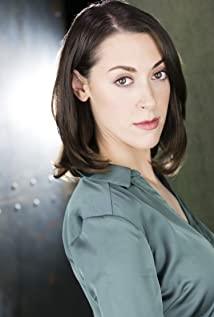. The most direct dramatic contradiction is the different viewpoints of the characters. Most film critics focus on the performance of the actors rather than the so-called "truth." The film raises a question (what the hell did the priest do), and the truth clearly exists. However, the audience can accept that the answer is not revealed, because each point of view has its credibility
. The different positions of the characters in this film are different from Rashomon and focus more on the source of different positions, that is, the beliefs of each character. Faith is not only religion (although Doubt is set in the Catholic Church, which will be discussed later), faith is the principle of everyone and the spiritual pillar of everyone. So when a person doubts or shakes his own beliefs, what he/she shakes is the deepest foundation of his/her system, which is also a denial of himself. Such a feeling, even a flash of thought, can have subversive and devastating long-term consequences. The little nun's sudden change in temperament, the old nun's tears, the priest's anger, the boy's mother's defense, all stem from this: the little nun believes in kindness and simplicity, the old nun believes that she is well informed and that her motives and actions are correct Yes, the priest believes in his own authority, and the boy's mother believes that she is doing everything for her son's sake
. Come back and talk about acting. The one who most often appears in film reviews is of course Meryl Streep, an old showman. Some commented that her performance in the film lost to the actors in the previous stage play, and she lost because she failed to fully convince the audience that she has a principle she firmly believes in, and that principle is all her actions. reason. I can understand what this comment means. Although the headmaster of the nun silently cared and helped the elderly nun at the beginning, although he would intersperse a little humor, although he was not really indifferent (admitted that he became very fond of listening to the radio that was confiscated from the students), although he said that he was only responsible for the students, But most of the time her pale face was too framed and too emotional. Lack of transitions and connections between soft and hard, failing to perfect characters
A final note on Catholicism. The film repeatedly shows a sense of class and isolation, for example, the priest is higher than the nun, for example, many things are swallowed and cannot be said. These are all related to Catholicism. Christianity is a general term with three main branches: Roman Catholic, Eastern Orthodox, and Protestant. The common denominator is that they both believe in God and use the Bible as a reference. But even in the reading and use of the Bible, the three branches are different. We usually come into contact with Catholicism and Protestantism, and briefly talk about the difference between the two. Catholics believe in the Pope (mentioned in the film, Pope), and distinguish clergy (such as priests) from ordinary believers. Catholicism restricts the right of ordinary believers to interpret the Bible, and there are other restrictions within the clergy (shown in the film, such as priests not confessing to nuns). In general, Catholics are very traditional, conservative, and methodical. Protestantism originated from the uprising initiated by Martin Luther (not the black Martin Luther King Ha) in the 16th century, and there are also many branches of the church (such as Methodist and Baptist, etc.), but mainly with Catholicism and Orthodoxy The separated branch did not have the Pope's words, and the relationship between the clergy and the faithful was more relaxed.
View more about Doubt reviews


